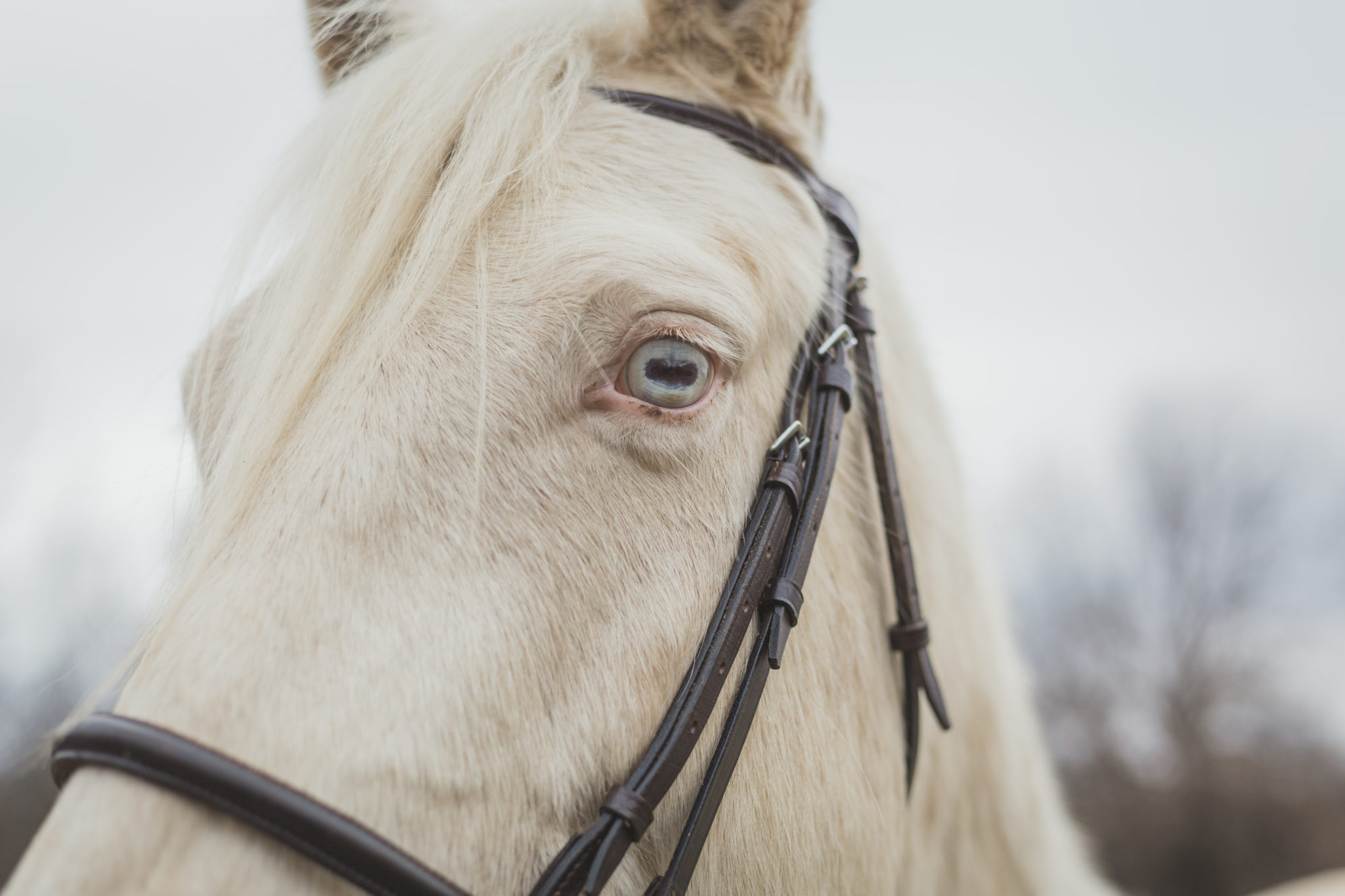Q: Is it worth buying an older horse?
Answered by Farryn Day
A: Over the years, I have heard many people discounting the value of an older horse for themselves or their children. Older horses are labelled as ‘difficult keepers’, ‘lazy’, or ‘over-the-hill’ and the question is often asked “Isn’t it better for my son/daughter to learn and grow with their horse or pony?” In my opinion the simple answer is – no, not always.
I think we have forgotten the true value of an older horse. By using the term ‘older horse’ I mean a horse that has passed the prime of their life and can no longer compete at a top level. These types of horses do not often come onto the market and if you can find one that is still sound – they are generally worth their weight in gold! I have come across many retired showjumpers, polo ponies and dressage horses that have left the competitive arena behind and started a new chapter of their lives – teaching the next generation of riders before their ultimate retirement. A horse may no longer be fit to jump in the big classes, perform high level dressage movements or play high-speed polo, and yet that doesn’t mean that they cannot enjoy and excel in a new career with a new owner.
These types of older horses still have so much to give and I believe that they are worth our consideration. ‘Been there! Done that!’ is the motto of these experienced horses and generally speaking, they know how to handle various situations such as shows, travelling, noise and crowds of people. For an inexperienced or nervous rider, these characteristics are invaluable!
The most important reason for buying an older horse is their knowledge. If you want to learn to jump, buy a horse that knows how to jump well. Not only is this horse more likely to be able to help you out of a sticky situation such as the incorrect line or stride, they can teach you the finer aspects of jumping a course successfully. Should you be looking for a safe all-rounder horse or pony for your child, consider a cross breed that has done some farm work, or an ex-polo pony. These types are likely to be surefooted, sensible and easy to handle.
Another incredibly valuable lesson these horses have to teach is ‘feel’. For example, you can read and memorise all the aids for a perfect canter strike off and have the best coach in the world, but you can never truly understand what that perfect canter strike off ‘feels like’ unless you have experienced it. These older horses know ‘what to do and how to do it’ and can be enormous confidence builders.
The downside to purchasing an older horse is that they may need a little more TLC and the responsibility for their retirement is going to fall on you. However due to their reduced workload, I have known plenty of horses that enjoy many happy years in their final careers.
To keep your older horse sound and happy for as long as possible remember the following:
- Ensure that the feet are done regularly and are kept balanced to avoid any unnecessary strain on the tendons, ligaments and joints.
- Enlist the help of a qualified equine dentist every six months to keep their teeth in shape. Should your horse be unable to grind down their food correctly they will not be able to absorb nutrients as they should and can quickly lose weight and condition.
- Talk to your vet or equine nutritionist about the nutritional requirements of your older horse. Older horses require a diet higher in fats and fibre and there are many ‘senior’ foods to choose from. Depending on your horse, you may also need to add supplements (a joint supplement for example) according to their individual needs. Always ensure that your older horse has access to good quality hay/teff and as much grazing and paddock time as possible. Being able to graze naturally while moving freely in the paddock helps to prevent stiffness and inflammation and keeps the gut healthy.
- Ensure that all tack fits correctly and that you check the fit often.
- Vary your exercise routine and keep your older horse fit. Many of these competitive horses do not do well if they are simply turned out with minimal attention. They have spent their lives competing and in order to stay happy and healthy they need to remain mentally and physically fit. This doesn’t mean that they need to be worked in the arena five times a week – you may add some groundwork, outrides, games, walks in-hand and grooming to your time together. The aim is to keep your horse stimulated and interested.
Next time you’re looking for a horse and you come across an ‘oldie’; consider giving them a chance – I for one believe that they are most definitely worth the effort!
By Farryn Day
Equine Behaviour
Myofascial Release & Kinesiology Tape Therapist
Facebook: @SmicEquestrian
Instagram: @smic_equestrian or @smicfarryn

